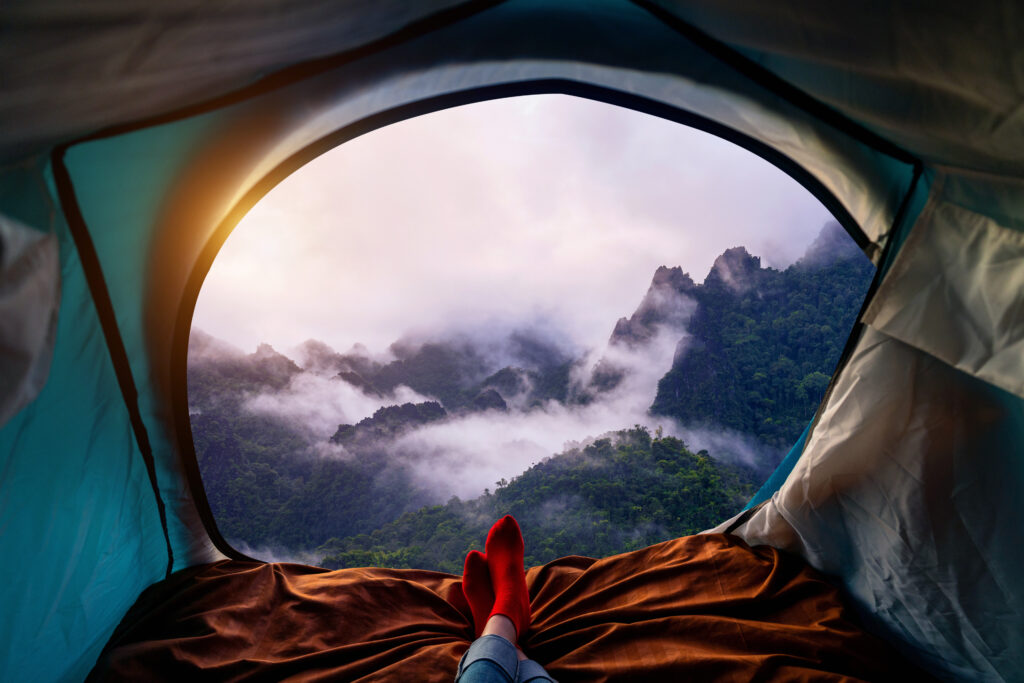
Follow these tips for sleeping in a tent, to make your night under the stars exactly what it should be: an unforgettable experience, filled with freedom, that will leave travel memories etched forever in your mind.
1. Select the right tent
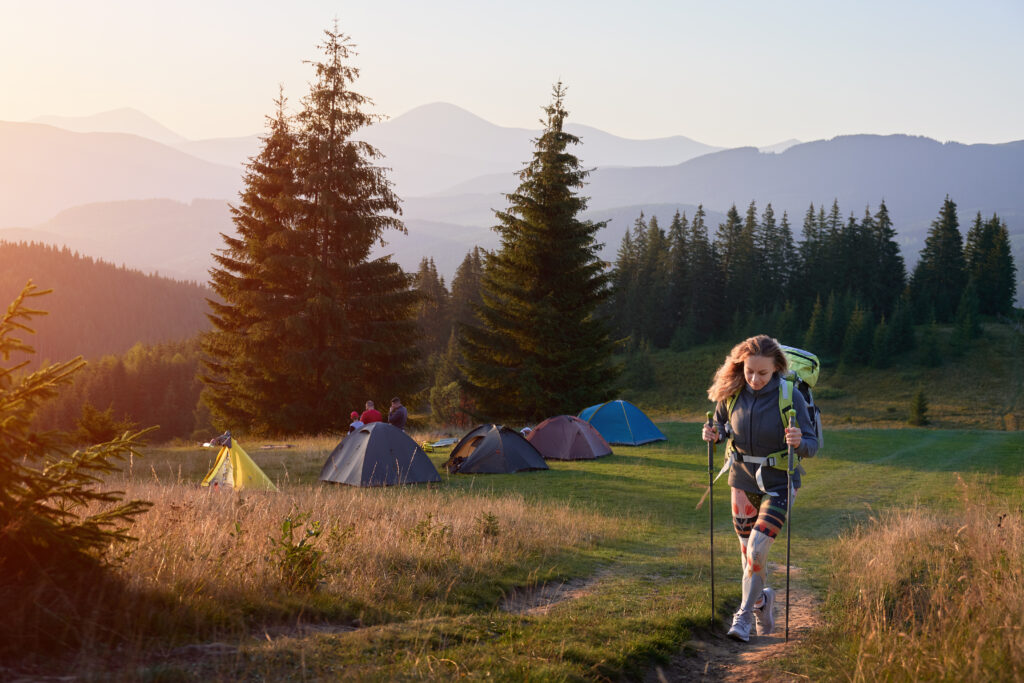
This is the most important tip for sleeping well in a tent: it all starts with choosing the right tent !
- If you're transporting your tent by car: opt for a heavier, often more comfortable model, such as a camping tent.
- If you're carrying your tent on your back: choose a hiking tent, which is more compact and lighter, but less comfortable.
- If you plan to do a lot of trekking: choose an ultra-light hiking tent.
- If you're hiking with your family: opt for a comfort touring tent for 3-4 people, heavier but still minimalist.
- If you're on a road trip: roof tents allow you to sleep directly on your car.
- By season : there are also lighter spring/summer models, more insulating but heavier autumn/winter models, and more versatile four-season models.
- Depending on location: if you're hiking in the Alps, opt for a highly insulating tent, while you can choose lightweight equipment if you're hiking on the Corsican coast.
2. Pack the right gear: mattresses and equipment
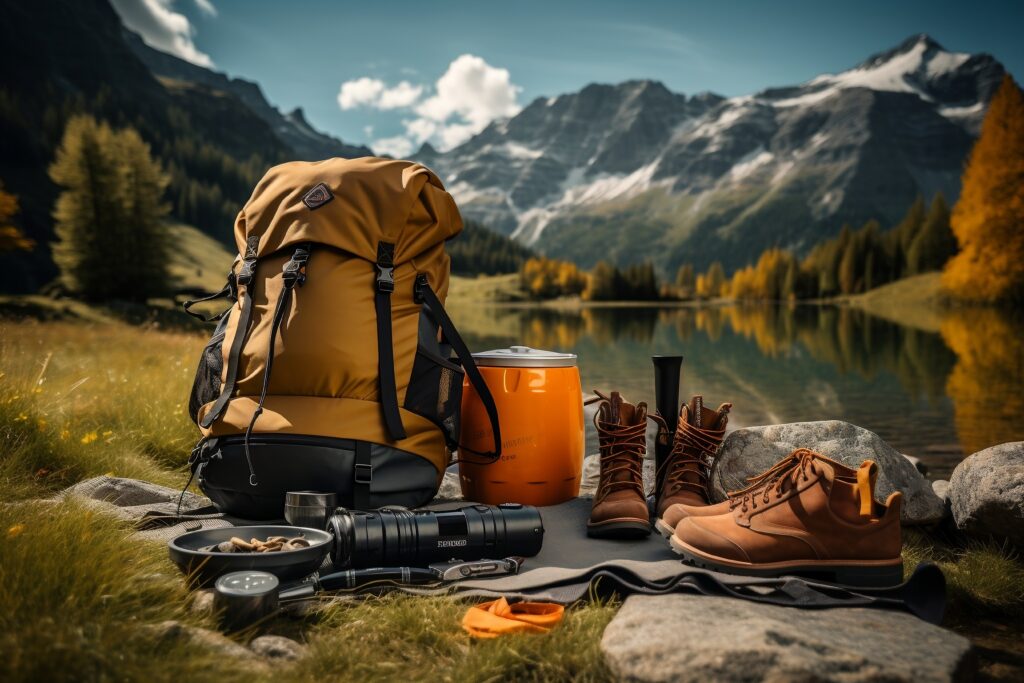
After the tent, the second tip for sleeping well in a tent is the choice of mattress. Here again, you'll need to opt for something light if you're hiking. You can choose between an inflatable mattress, which is more compact but requires a pump, a self-inflating mattress, which is very comfortable and easy to use, but a little heavier, or a foam mattress, which is the lightest but least comfortable. Your last option is a camp bed, which is much bulkier, but also much more comfortable, and therefore suitable for a night's camping, but not really for a bivouac.
As for the rest of the gear for a good night under the stars, always remember to travel light if you're carrying your gear on your back. But be sure to pack:
- A sleeping bag, lighter or lighter depending on the season.
- A lightweightcamping pillow, which makes all the difference to the quality of your sleep.
- A compact hikingstove.
- Stormlighter.
- Swiss Armyknife.
- Water bottle.
- Small first-aid kit.
- Portable externalbattery.
3. Dress accordingly
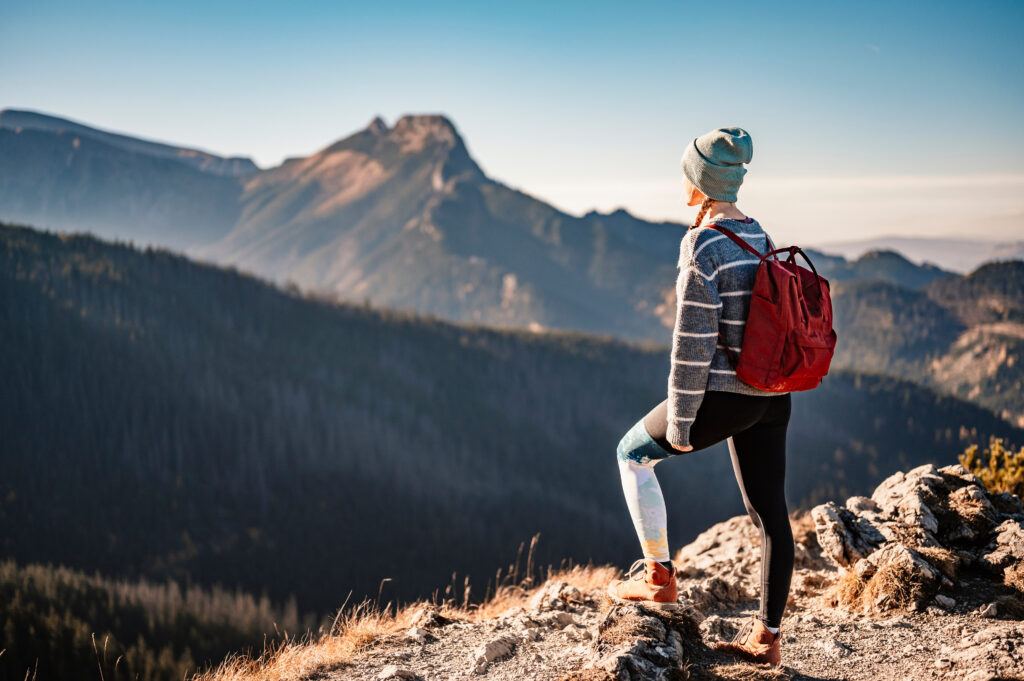
Here again, adapt to the season, always bringing warm clothing, even in summer, when it can get cooler at night. If your first reflex in cold weather is to pile on layers of clothing, this method will prevent air circulation and the evacuation of perspiration. The result: you'll be poorly insulated from the cold, and the humidity will keep you cold.
An excellent option is thermal underwear. They're generally made from merino wool, which is an excellent thermal insulator while wicking away body moisture. Don't forget to bring warm socks, a fleece and a hat, if necessary.
4. Choose your pitch with care
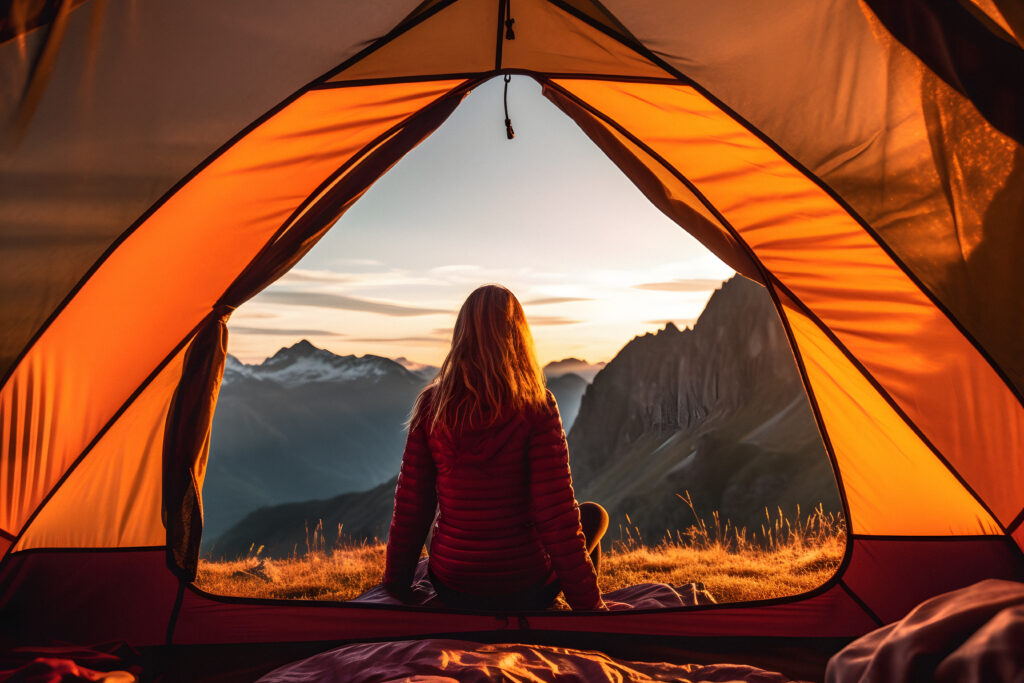
This is an essential tip for sleeping in a tent, because a trip close to nature can't be improvised. Choose a pitch in the shade, so you don't have to wake up at dawn to the heat and light. You should also opt for a smooth surface, such as grass. And, of course, opt for flat ground. If you have no choice but to place yourself on sloping ground, it's better to have your feet down than the other way round.
5. Insulate yourself from the ground, wind and humidity
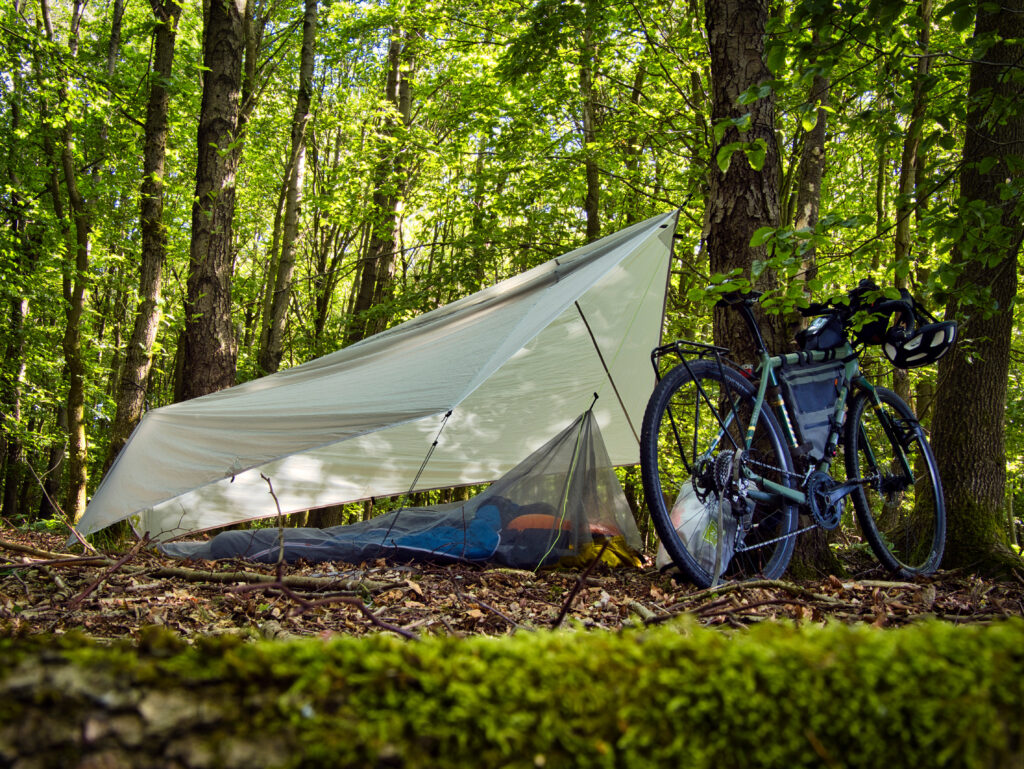
When camping or bivouacking, cold, wind and humidity are your worst enemies. To avoid them, stay away from water sources such as rivers, which have a very noticeable cold and damp effect. To protect yourself from ground humidity and morning dew, install one or more insulating layers, such as a camping tarpaulin. Likewise, choose a spot sheltered from the wind, or if that's not possible, use a folding screen. In the mountains, for example when hiking in the Pyrenees, you can set up close to the front of the mountain, to protect yourself from the wind.
6. Protect yourself from insects
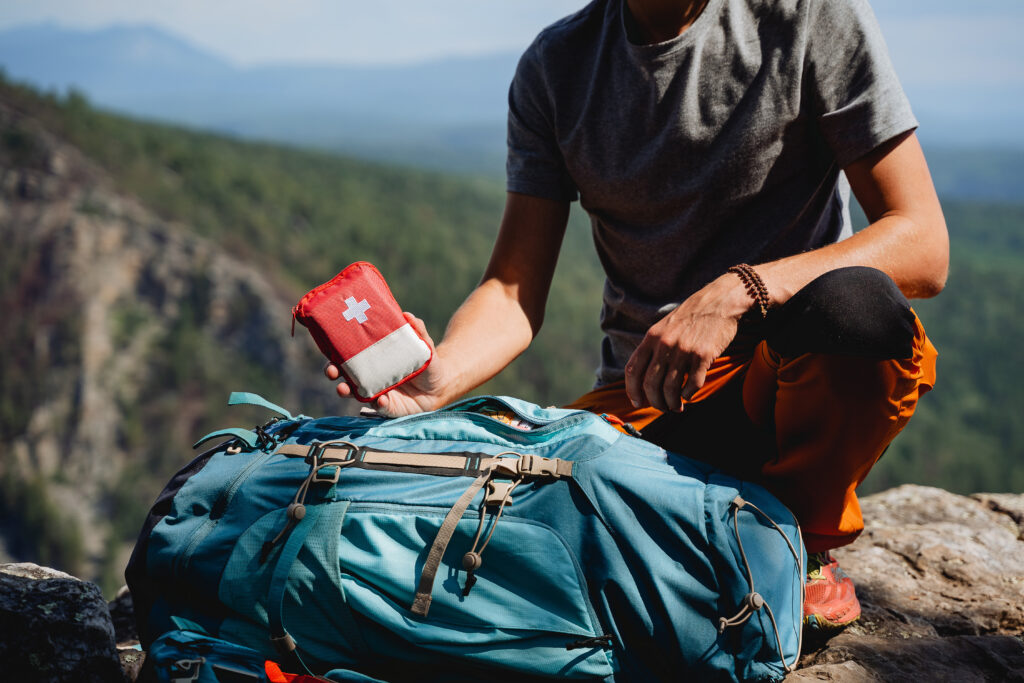
Sleeping in nature also means immersing yourself in the habitat of dozens of insect species. To make sure your night doesn't turn into a nightmare, a good tip for sleeping in a tent is to make sure you have a mosquito repellent. If you're in a humid area, such as a forest, you might even consider a mosquito net. Some tents are already equipped with them. Of course, keep tent zippers closed as much as possible, especially if you light your lamp at night, otherwise you could be faced with a real invasion.
7. Don't leave anything lying around the tent
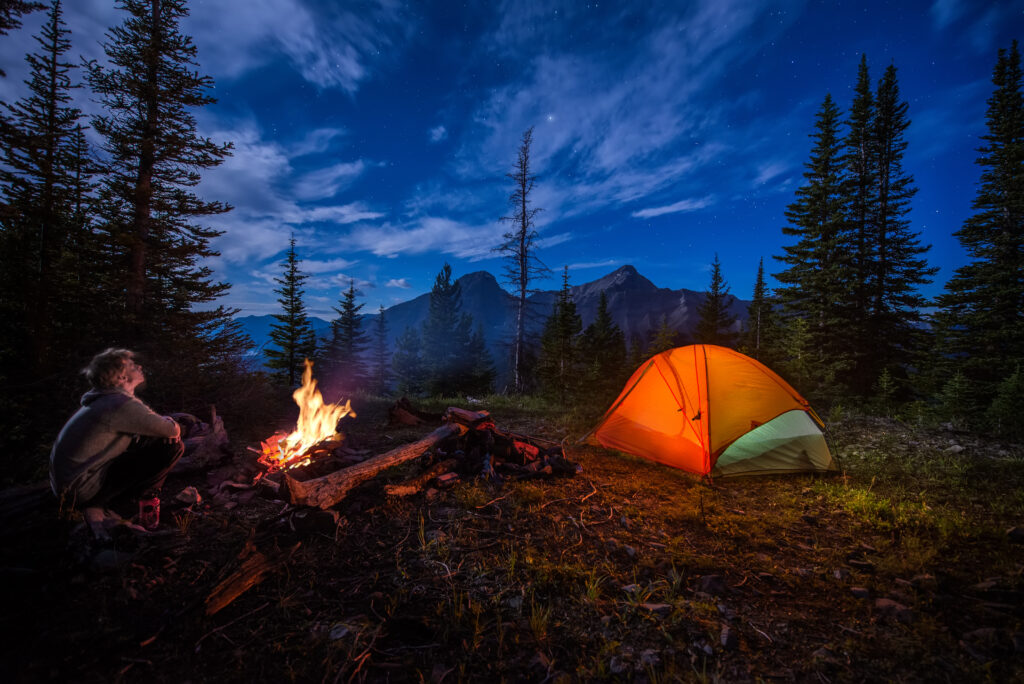
Depending on the environment in which you sleep, rodents, nocturnal birds, foxes or even wild boars could be interested in your food reserves. So make sure everything around your tent is spotless at all times, day and night, to avoid any unpleasant encounters with unwanted wildlife. If possible, place your food in insulated packaging, such as glass tins, which won't let odors through. However, this can be an extra burden if you're on a hiking trip. In this case, keep all food as far away from your tent as possible.
8. Prepare food

When you're hard at work, your body is going to use up a lot more energy, and you're bound to get the munchies. Ideally, one of the best tips for sleeping in a tent would be to prepare both fast sugars to give you a boost, and slow sugars for dinner, so that you're in good shape as soon as you wake up the next morning. In both cases, be sure to include satiating foods to quell cravings. This could be cereal bars, cookies or chocolate for quick sugars, or starchy foods such as pasta or rice salad for slow sugars.
9. How to keep warm in a tent?
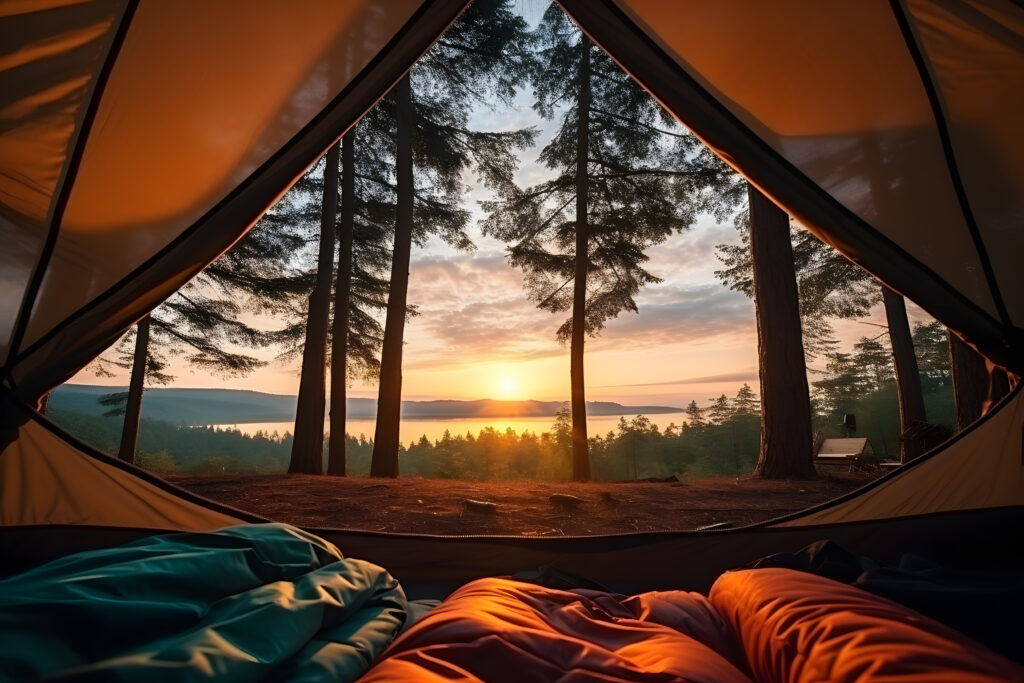
There are several tips for sleeping in a tent without getting cold, particularly useful when hiking in the mountains:
- Cover your extremities (feet and hands): in cold weather, these are the first limbs to suffer from lack of heat.
- Fill your water bottle with hot water: it makes an excellent hot water bottle for the night.
- Change your clothes: clothes worn during the day are often soaked with perspiration, which will worsen the effects of the cold.
- Wipe off your perspiration during the night: humidity certainly does as much damage as lack of warmth.
- Exercise: getting your body heat up will help you fight the cold, but make sure you do it in clothes you won't be sleeping in, so you don't sweat through your nightwear.
- Drink herbal tea before going to bed.
- Don't bury your face in your sleeping bag: once again, it's all a question of humidity, and you need to avoid any condensation in your sleeping bag.
- Use a sleeping sheet: also nicknamed a "meat bag" by seasoned campers, this is a lightweight but highly insulating accessory.
Warning: never light your stove in your tent for heating purposes, as this could lead to fatal carbon monoxide fumes.
10. How to sleep in a tent without a mattress?
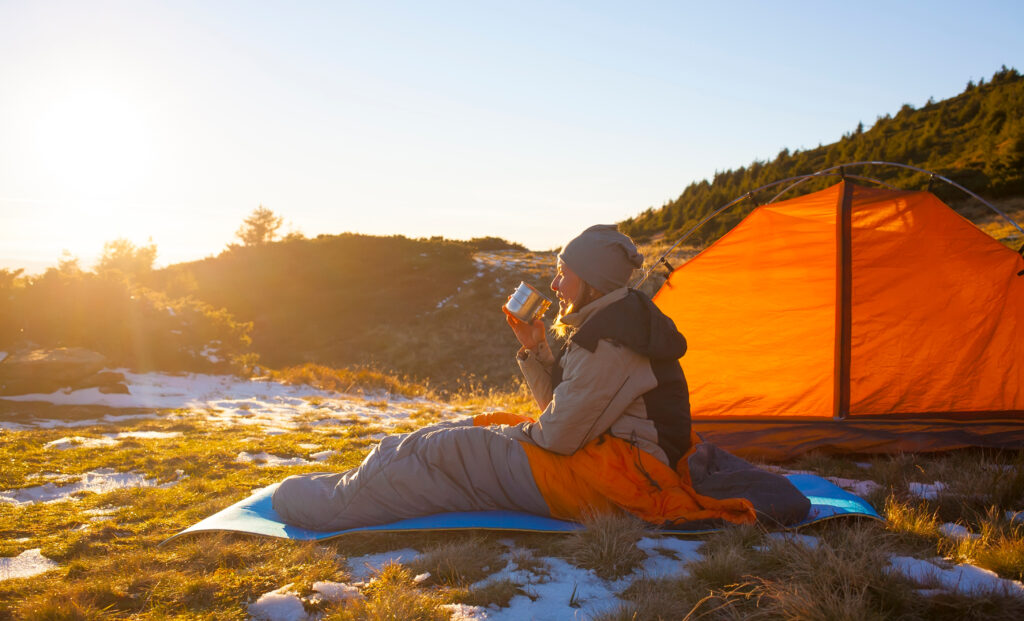
Sometimes you have to sleep in a tent without a mattress, because you didn't have time to pack one, because you chose to avoid the extra weight, or even because the mattress has been damaged or dampened. Don't panic: it's perfectly possible to sleep in a tent without a mattress, although comfort will obviously be limited.
Pay particular attention to the location. Make sure there are no stones or sticks, and carefully clear the space before pitching your tent. Opt for a spot on grass, which will make a small mattress, but not tall grass, which would be a source of excessive humidity. If possible, you should at least use a tarpaulin to insulate against humidity. If you have a survival blanket or other insulating or waterproof material, place it on the ground to protect you from damp.


